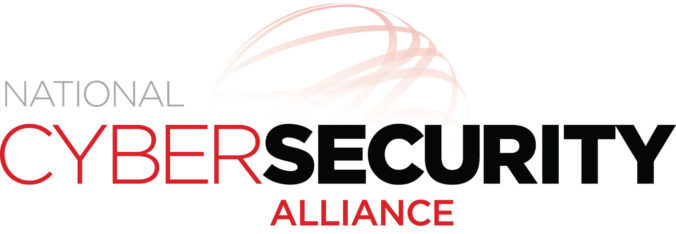With over 2.5 million people per day traveling by air alone this season, it doesn’t matter whether you are hopping on a plane or packing up the car to see grandma – securing our digital lives is just as important as locking the door when leaving home.
With so many travelers letting their guard down as they pack up and hit the road, the National Cyber Security Alliance was able to give some hassle-free, tried-and-true tips for travelers – detailed below.
Lock down your login
Your usernames and passwords are not enough to protect key accounts like email, banking and social media. Fortify your online accounts and enable the strongest authentication tools available, such as biometrics, security keys or a unique one-time code through an app on your mobile device.
Keep a clean machine
Before you leave town, it’s important to make sure all security and critical software is up to date on your internet-connected devices. Keep devices and apps updated during travel, too. It is your best line of defense.
Make sure all devices are password protected
Bolt your digital doors and be sure to use a passcode or security feature (like a finger swipe) to lock your mobile device.
Think before you app
Review an app’s privacy policy and understand what data (such as location and entry to your social networks) it can access on your device before you download. Delete apps you are no longer using.
Own your online presence
Not everyone has to know about your travel escapades and summer fun: set the privacy and security preferences on web services and devices to your comfort level for sharing. It is okay to limit how and with whom you share information – especially when you are away.
NCSA’s Top Tips While on the Go
Actively manage location services
Location tools come in handy while planning your trip or navigating a new city, but they can also expose your whereabouts – even through photos. Turn off location services when they’re not in use.
Get savvy about WiFi hot spots
Do not transmit personal info or make purchases on unsecure networks like those in local cafes and hotel lobbies. Instead, use a virtual private network (VPN) or your phone’s cellular connection as a personal hotspot to surf more securely.
Delete unused apps
Many people use apps that can be specific to a city or attraction. These apps should be deleted when no longer needed.
Turn off WiFi and Bluetooth when idle
When WiFi and Bluetooth are on, they connect and track your whereabouts. If you do not need them, switch them off.
Protect your $$$
Be sure to shop or bank only on secure sites. A web address with “https://” means the site takes extra security measures. However, an “http://” address is not secure.
Never use public computers to log in to any accounts
Be extremely cautious on public computers in public places like airports, hotel lobbies and internet cafes. Keep activities as generic and anonymous as possible.
Share with care
Think twice before posting pictures that would reveal you are not home or that you would not want certain people (like your parents or employer) to see.
Post only about others as you would have them post about you
The golden rule applies online, too.

Leave a Reply